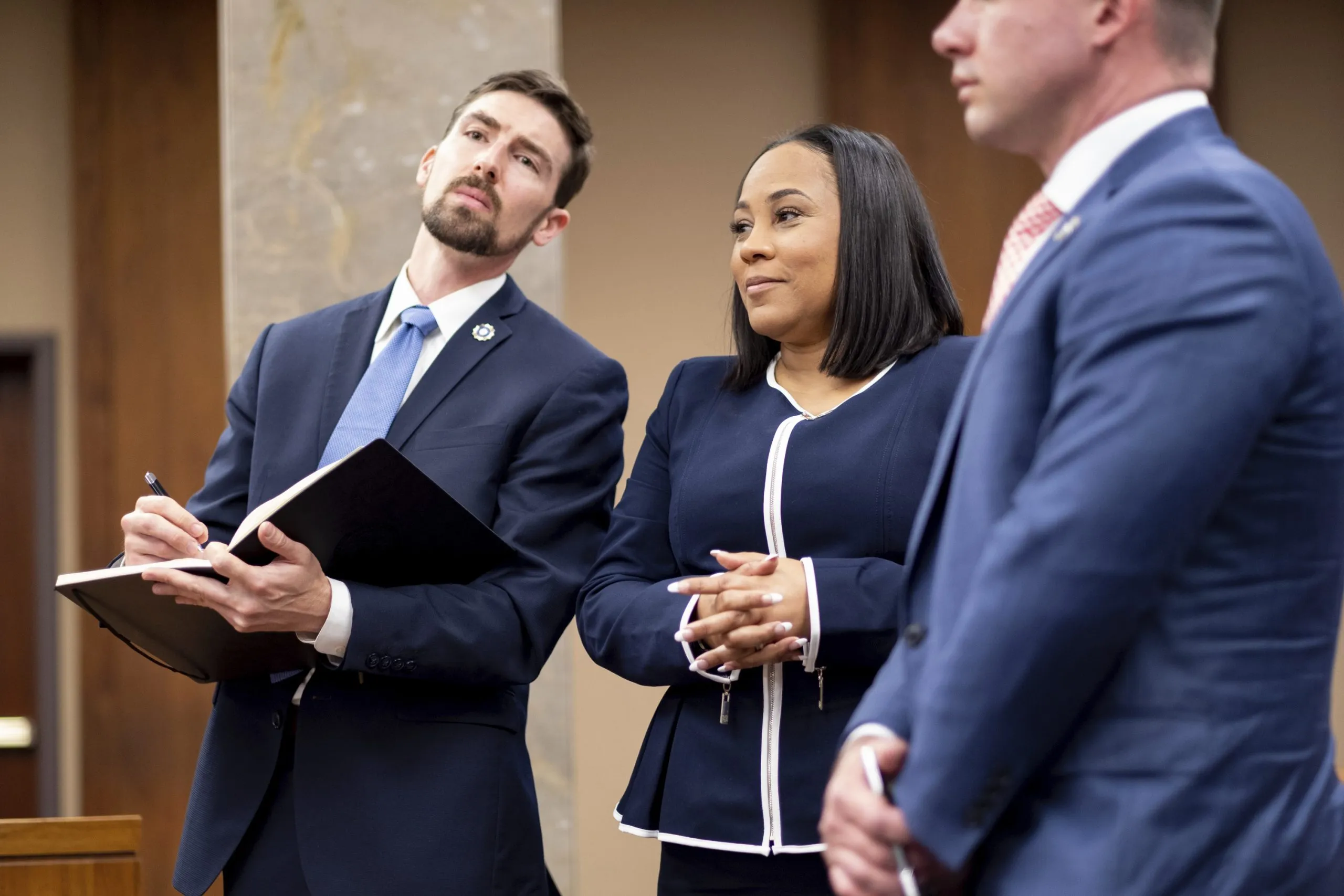Sen. Lindsey Graham (R-SC) has a few ground rules for the Fulton County 2020 election inquiry: Don’t ask him any questions “on all the topics” sought by investigators.
In a court filing, the counsel for Graham reiterated the senator’s contention that the debate clause in the Constitution shields him from being compelled to answer questions about legislative activity, arguing that it encompasses the topics mentioned in the subpoena against him as well as “other topics” raised in court briefs.
LINDSEY GRAHAM SUBPOENA IN GEORGIA ELECTION INQUIRY TEMPORARILY BLOCKED
“This Court has asked ‘exactly which questions and/or categories’ the Speech or Debate Clause bars,” Graham’s lawyers wrote in the filing. “It should bar questioning on all the topics sought by the District Attorney and this subpoena and the other topics suggested by Amici so far.”
U.S. District Judge Leigh Martin May, who is overseeing Graham’s challenge to a subpoena for testimony from the Fulton County inquiry, previously nixed the South Carolina Republican’s bid to scrap the subpoena outright, so he is hoping to pare it down. The motion filed Wednesday is aimed at partially quashing the subpoena.

“The mere possibility that some lines of inquiry could implicate Senator Graham’s immunity under the Speech or Debate Clause does not justify quashing the subpoena in its entirety because there are considerable areas of inquiry which are clearly not legislative in nature,” the judge previously ruled, according to CNBC.
Last month, Graham was subpoenaed for testimony and quickly began challenging the demand in a series of court motions. Fulton County investigators expressed interest in phone calls Graham had with Georgia Secretary of State Brad Raffensperger after the 2020 election.
Graham has held firm that he made those calls in his capacity as a senator, and is, therefore, shielded from testimony under the debate clause. In addition to arguing that the topics sought by investigators should be off-limits, he also argued the onus should be on Fulton County prosecutors to provide more specifics on the questions they want to ask and evidence that those questions should not be barred under the debate clause.
“To hold otherwise is to allow the District Attorney to evade the Speech or Debate Clause by requesting amorphous testimony and then, like a moving target, springing new or elaborated questions or issues on the Senator; the District Attorney, after all, is in the best position to know what she wants to ask,” the senator’s Wednesday motion read.
CLICK HERE FOR MORE FROM THE WASHINGTON EXAMINER
Earlier this week, a federal appeals court granted a temporary stay, effectively delaying Graham’s previously slated testimony before a special grand jury Tuesday.
Fulton County District Attorney Fani Willis initiated the inquiry into whether crimes were committed in the aftermath of the 2020 election. The investigation was sparked by a call Trump had with Raffensperger in which he discussed the need to “find” 11,780 votes needed to tip the Georgia election in his favor.
A special grand jury was impaneled for her investigation in May and has doled out subpoenas to a handful of Trump allies, such as Graham and lawyer Rudy Giuliani.

